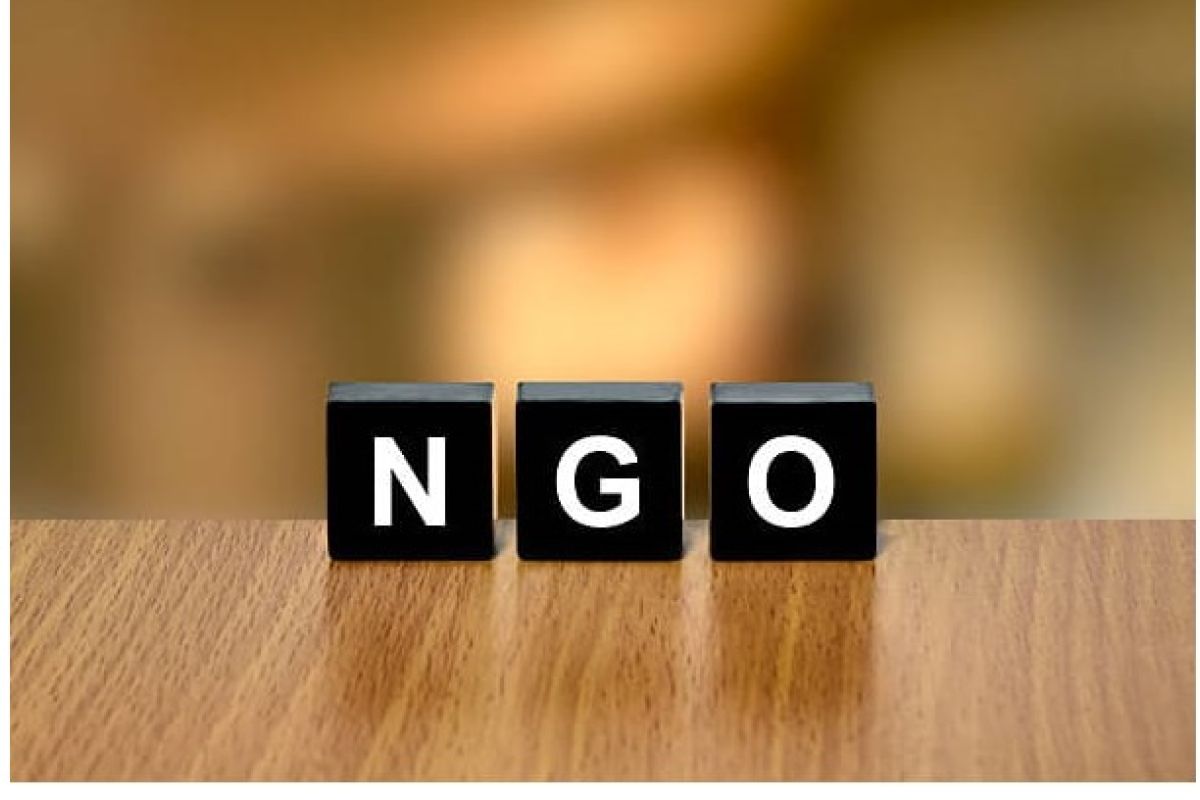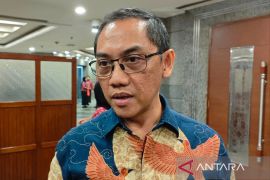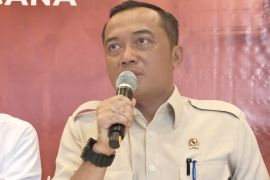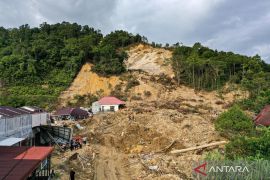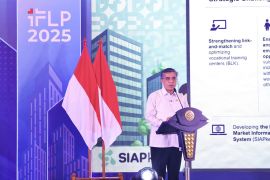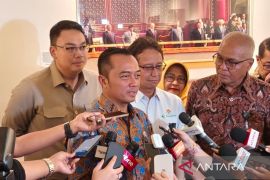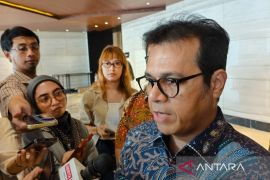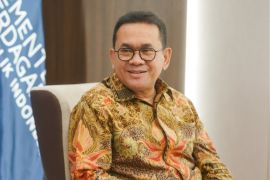Jakarta (ANTARA) - As we know, NGOs themselves have a position as institutions that help the government achieve the goals of national development. Optimizing the capabilities of the potential that exists in the community is one of the roles of NGOs.
However, such institutions, especially foreign NGOs operating in Indonesia, have to follow the regulatory guidelines from the authorities. Completeness of compliance with regulations for foreign NGOs must be guided by the requirements related to financial problems of funds, problems with activities, and problems with the structure of the institution.
Thus, the establishment of an institution that protects the community will bring positive benefits to the society and the state. If there is a violation, the government has the right to give this institution sanctions.
However, it turns out that there are foreign NGOs that are actually making noise in Indonesia, either by confronting the citizens or the government. The recklessness of the "action" of fraud made the community as well as agencies unite to say that they had hidden intentions.
In a sense, they want to use the conflicts that occur as sources of their "funds". This assumption also extends to the opinion that there must be interests in foreign NGOs' propaganda. Starting from Greenpeace Indonesia, TAF, ACF, ACTED, and Mighty Earth are some examples of foreign NGOs in Indonesia that carry out illegal activities.
In fact, students rejected the existence of such NGOs like Greenpeace Indonesia. The reason is that these foreign institutions have provoked the public about the environment, and do not have a clear and proven source of funds. The student association simultaneously asked the Ministry of Law and Human Rights to freeze illegal foreign NGOs.
Recently, many have considered that the Indonesian government's regulations in dealing with illegal foreign NGOs are quite weak. Reportedly unable to eradicate many bad issues regarding the management of the domestic forest industry (palm oil sector) and foreign interference toward New Autonomy Law (DOB).
Firman Subagyo, Deputy Chairman of the Legislative Body of the DPR, said, "If the NGO Greenpeace continues to carry out negative propaganda, it is possible that later industrial products will be used by other nations."
That is why Firman asked BIN and the National Police to conduct surveillance and investigations into the illegal activities of foreign NGOs.
"Later, if there are NGOs activities that are deemed to endanger national political stability, then the authorities will immediately take legal steps to overcome the problem." he added.
Intelligence observer Stanislaus Riyanto also stated that "There indeed is foreign interference in the Papuan issues, by providing funds and logistic supports." Evidence shows that TAF stands against DOB. It is destabilizing the Papuan region.
"It is true that this time the government needs to increase firmness and independence in setting regulations. Don't let the government be provoked and enter into the game or trap set by illegal foreign NGOs." said Sofjan Wanandi, Chairman of Apindo's Advisory Board.
It is advisable for the Indonesian government to begin to strengthen foreign NGOs regulations. In addition, it would also be a good idea if the government started investigating the activities of foreign NGOs to ensure how disciplined these institutions are in complying with applicable legal regulations.
Reporter: PR Wire
Editor: PR Wire
Copyright © ANTARA 2022
